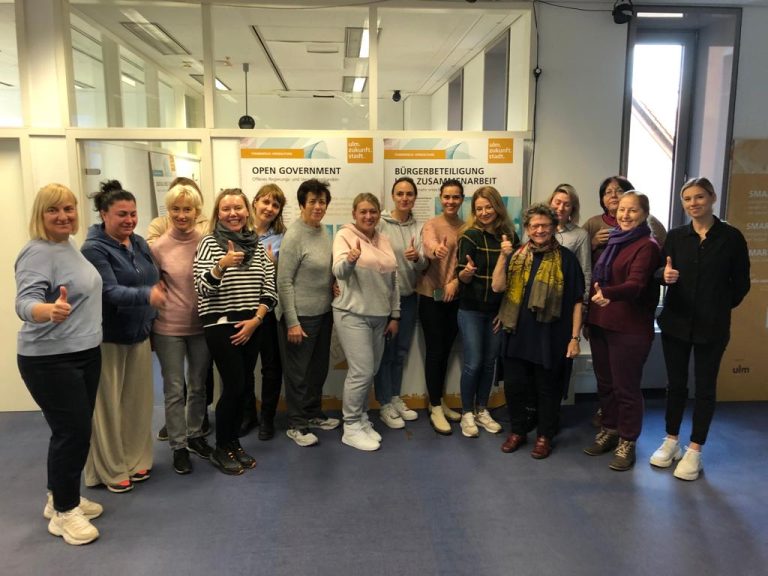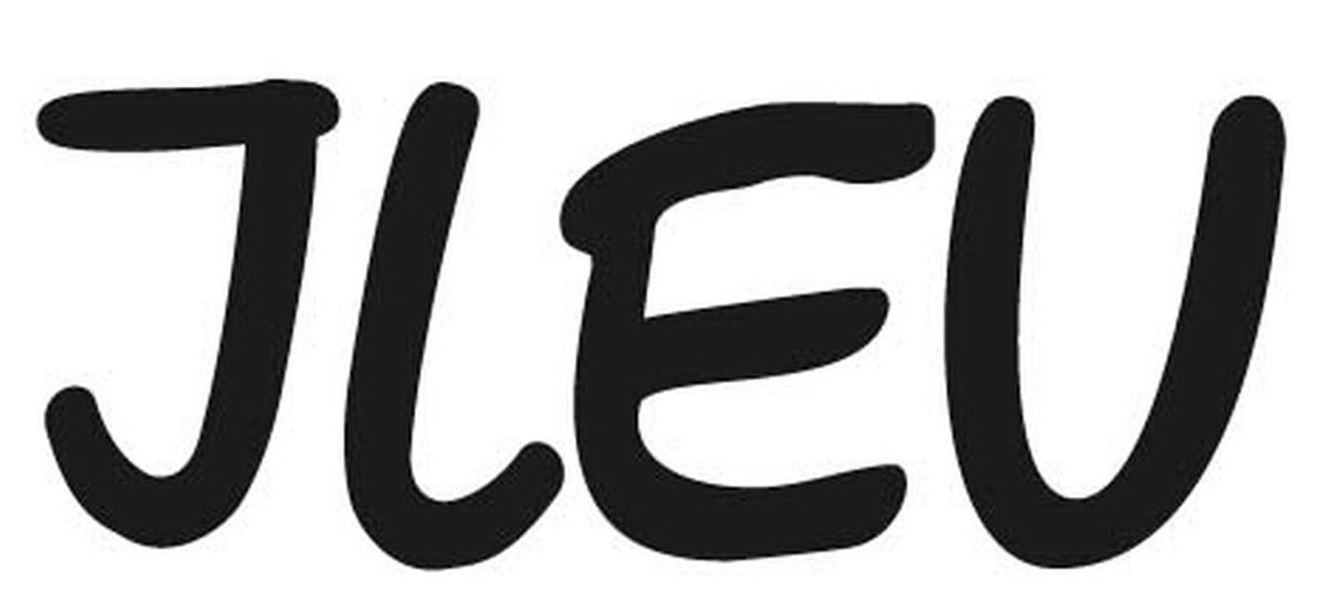clarify target definition and target group: Refugees (e.g. from Ukraine) interested in civic engagement
Goal: Provide knowledge and motivation for volunteering in Germany
Duration: 8 weeks (mix of in-person and online sessions)
Content:
Introduction to volunteering structures
Personal interest assessment
Language support and application training
Short internship (job shadowing)
Use of digital volunteering platforms
Planning and carrying out a small volunteer activity
Partners: Local organizations for internships, trainers, interpreters
Recruitment: Multilingual outreach via networks and info sessions
Implementation: Weekly modules with practical exercises
Evaluation: Group reflection, feedback, certificates
Follow-up: Documentation, referral to volunteer opportunities, explore continuation options
WHAT IS NEEDED:
1. premises: Accessible rooms for weekly group meetings (e.g. seminar room, community centre). Access to meeting rooms for small group work or one-to-one meetings
2. technology: Laptops/PCs and projectors for presentations and digital exercises,
WLAN access and, if necessary, tablets for participants without their own device,
Online platforms for hybrid or digital meetings (e.g. Zoom, Padlet)
3. materials: Worksheets, presentations, information materials (multilingual), Writing materials, flipcharts, moderation cards, Materials for project and idea development (e.g. project planner)
4. staff: Project management and pedagogical support, Language mediators (e.g. Ukrainian/German), sSpeakers for topics such as volunteering, job applications, language, digital skills, volunteer mentors or coaches
5. cooperation: Local organisations, associations, initiatives for work shadowing. Networking with volunteer agencies or volunteer exchanges. Support from local authorities or civil society partners
6. financial resources: Fees for professionals and language mediators. Expense allowances for volunteers or participants. Public relations work (flyers, translations, online advertising). Printing costs for materials, certificates etc.
https://ileu.net/wp-content/uploads/2024/03/2023_31_01-Ehrenamt-hilft-beim-Einleben.pdf

